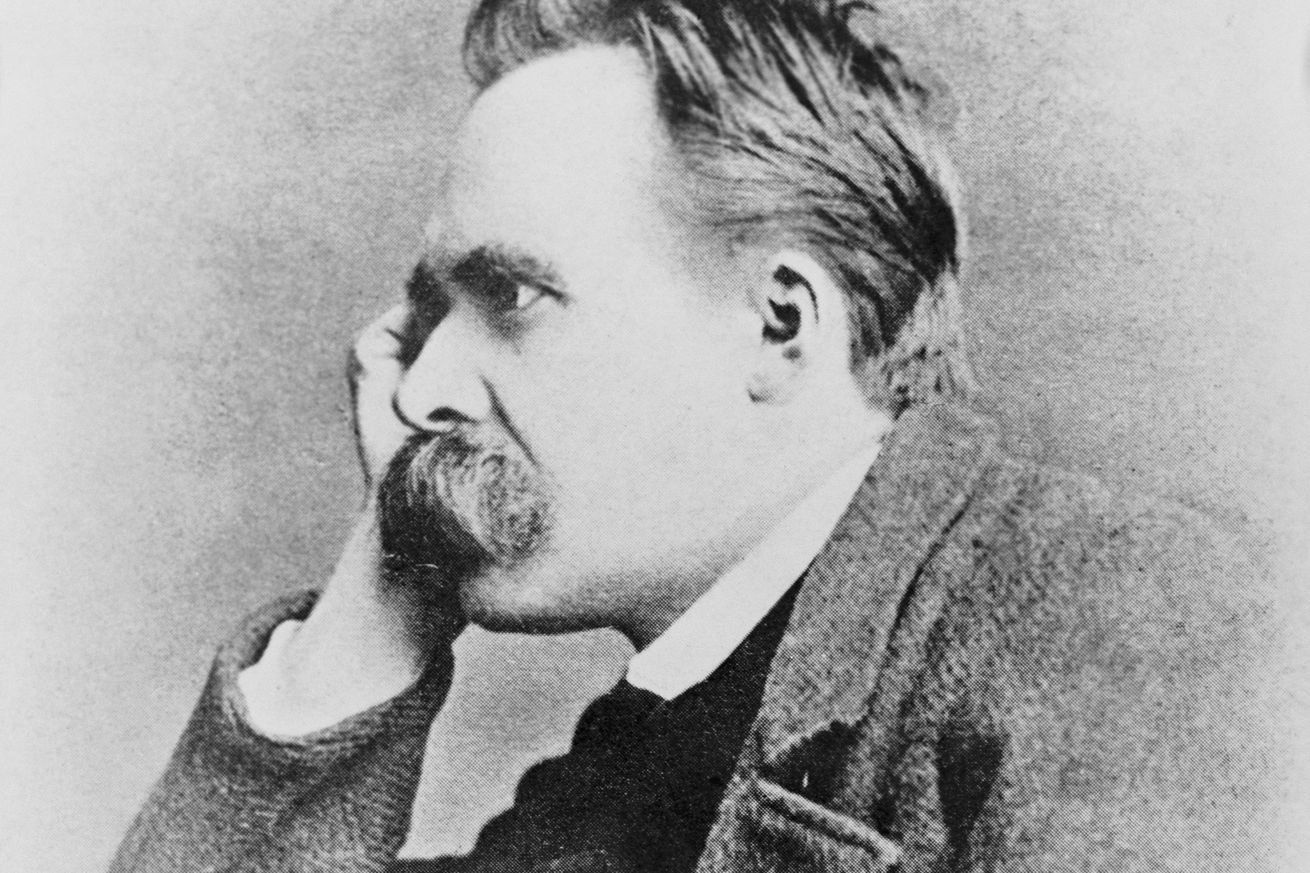
Of Greek myths and Jets hopes
All indications are the New York Jets will soon be hiring a new head coach and a new general manager. With the changing of the guard comes a renewed cycle of hope for the franchise. Out with the old, in with the new. The old we know. It sucked, or we wouldn’t be replacing it. The new we don’t know yet. Who knows, it might be great? It could even be a boat! Until proven otherwise, there’s room for hope.
Hope. A lot of beautiful words have been uttered about hope.
St. Augustine said this, which should ring true to Jets fans:
Hope has two beautiful daughters; their names are Anger and Courage. Anger at the way things are, and Courage to see that they do not remain as they are.
Desmond Tutu:
Hope is being able to see that there is light despite all of the darkness.
Dr. Martin Luther King, Jr.:
We must accept finite disappointment, but never lose infinite hope.
Hellen Keller:
Hope sees the invisible, feels the intangible, and achieves the impossible.
A lot of inspirational words from a lot of inspirational people.
Then there were the Greeks. They had some interesting things to say about hope. Many of you no doubt have some familiarity with the Greek myth of Pandora’s Box. In fact, it was not a box, but a jar or amphora, but the term got mangled in translation. Whatareyagonnado? Beside’s, Pandora’s Amphora would just be insufferably rhyming, wouldn’t it? The story goes something like this.
There once was a Titan named Prometheus. Titans were pre-Olympian Greek gods, and Prometheus didn’t necessarily adore Zeus and his merry band of Olympians usurping the Titans’ rightful pace atop the pantheon. One day Prometheus was attending a sacrificial meal at which the Olympians intended to settle the proper form of sacrifice mere mortals were to offer the gods henceforth. Why Zeus needed some ritual meal to decide something this simple is left to the reader’s imagination. As one wag put it, if you had half a mind to be Zeus, that’s all you needed.
Anyway, Prometheus, being a devious dude, played a trick on the not so brilliant Zeus. Prometheus offered a choice of two sacrifices. The first was a mouth watering selection of delectable meats, hidden inside an odious ox stomach. The second was an inedible collection of bones hidden inside a delicious veneer of glistening aromatic fat. Zeus, not being the brightest penny in the piggy bank, chose the shiny glistening offering, thereby setting a precedent. Thenceforth humans would honor the Olympians by keeping the meat for themselves, burning the fat and leaving the desiccated bones for the gods.
Needless to say, when Zeus finally got it through his thick skull that he had been duped by tricky Titan Prometheus, he was not pleased. Zeus had a big hissy fit and decided to hide fire from humanity. Prometheus thought it would be great fun to undo that edict. He stole fire from Zeus and returned it to humanity. Hooray for barbecues!
Zeus got a little fed up with Prometheus’ trickerations. He punished Prometheus by binding him with chains and sending an eagle to eat Prometheus’ immortal liver every day, which then grew back every night. That’s some serious Zeusian punishment right there. Sounds a bit like being a Jets fan.
But Zeus wasn’t done. No, he was still bigly ticked off. So he decided to punish Prometheus’ brother, Epimetheus. Apparently the Titans had a serious metheus movement going on at the time. Zeus’ “punishment” of Epimetheus came in the form of a lovely young woman, Pandora, the first woman on earth. Why that was considered punishment for a lonely young Titan is left to the reader’s imagination. In any event, Pandora one day was left alone at home with an amphora of unknown contents, with instructions never to open it. Pandora, bored out of her mind in domestic servitude, was overcome with curiosity and decided to crack open the amphora for just a peak. Out rushed a witch’s brew of horribles: sickness, death, Woody Johnson, and a host of other unspecified evils. Zeus had carefully packed the amphora in retribution for Man getting fire.
Pandora, being the sensible woman she was, saw the mountain of troubles she was unleashing and quickly closed up the amphora. Just one “gift” from Zeus remained trapped in the amphora: Hope. Which kinda makes you wonder, what in Zeus’ name was a thing like Hope doing all cozy inside an amphora full of a litany of nasties specifically chosen by Zeus as payback to the ingrate mortals? Did it remain trapped inside while all the nasties flew out as a final knife to the ribs, the one thing the world needed but remained just out of reach? Or was something even more insidious at play here?
As it turns out, the great German philosopher Friedrich Nietzche had something to say about this. According to Nietszche,
Zeus did not want man to throw his life away, no matter how much the other evils might torment him, but rather to go on letting himself be tormented anew. To that end, he gives man Hope. In truth, it is the most evil of evils because it prolongs man’s torment.
I don’t know about you, but to me, this sounds an awful lot like being a Jets fan.
